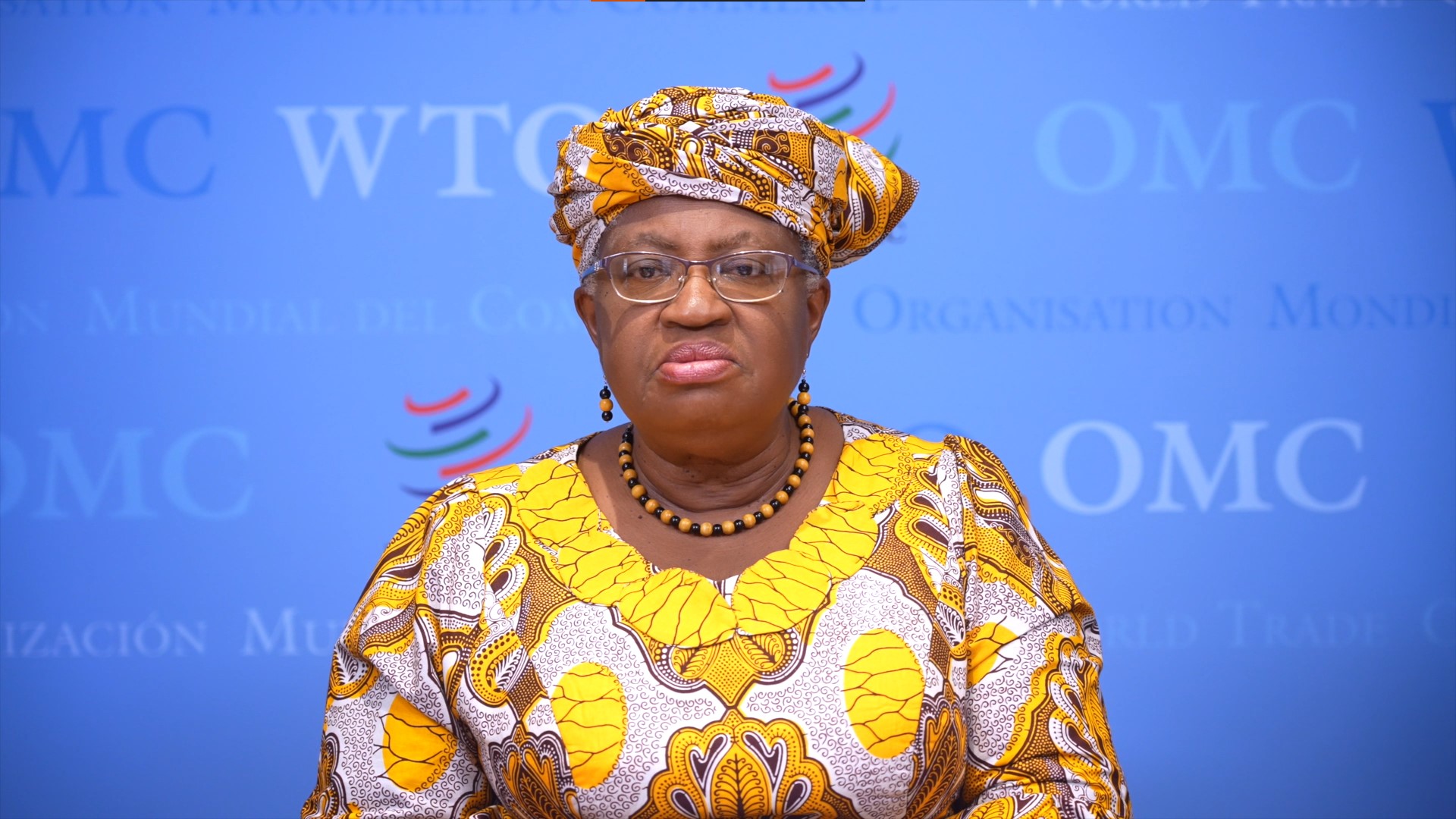Summit participants agreed that the war has worsened the distortions brought about by the Covid-19 pandemic and added to the impact of extreme climate phenomena that have affected farming in various regions of the world.

San Jose, 28 July 2022 (IICA) – The current situation of concurrent crises threatening global food security make it all the more necessary to guarantee smooth and predictable international food trade, stated international ministers and experts at the Africa-Americas Ministerial Summit on Agricultural and Food Systems.
At the roundtable “International and Regional Food Trade”, the emphasis was placed on how the conflict in Eastern Europe, with the disruptions it is causing in the markets, has led to food price increases that affect the most vulnerable populations, and also has repercussions for energy prices and fertilizer supply.
The war, they agreed, has worsened distortions brought about by the Covid-19 pandemic and added to the impact of extreme climate phenomena that have affected farming in various regions of the world.
The discussion was opened with a presentation by Ngozi Okonjo-Iweala, Director General of the World Trade Organization (WTO) and included a presentation by Ambassador Gloria Abraham, chair of the WTO Agriculture Negotiating Group.
Also present were Ariel Martínez, Undersecretary for Political Coordination of the Ministry of Agriculture, Livestock and Fisheries of Argentina; Reuben Mtolo Phiri, Minister of Agriculture of Zambia; Adelardus Kilangi, Ambassador of the United Republic of Tanzania in Brazil; Pearnel Charles Jr., Minister of Agriculture and Fisheries of Jamaica, and John Bosco Kalisa, Executive Director of the East African Business Council (EABC).
Ngozi Okonjo-Iweala described food trade as “vital”.
“Food trade is vital, as the ministers at the ministerial conference in Geneva recently acknowledged, and it is a key part of our efforts to improve food and nutritional security, and support employment and income. It can contribute to a more sustainable and efficient use of scarce global resources and can help build the foundations of strong, inclusive and resilient prosperity in the future”, said the Director General of the WTO, who referred to the impact on countries that import grains from Russia and Ukraine, and also the difficulty in obtaining fertilizers.
“Given the current situation, countries have made a commitment at the WTO to continue working so that food products can move more easily and to protect the most vulnerable countries”, she said.
“Low-income food-importing countries face serious risks of starvation, particularly countries that are highly dependent on food imports from Russia and Ukraine. For instance, 35 African countries import wheat and 22 import fertilizers from the Black Sea region. The World Economic Forum reports that wealthy Nigerian households spend about 56% of their income on food and that the average household in Kenya spends 47%, while in the USA the figure is below 10%”, she added.
The WTO Director General also referred to restrictions on imports.
“We have to avoid what happened in the previous food price crisis between 2008 and 2009, and again a few years later, when export restrictions exacerbated price increases. Since then, many have been eliminated, but 25 countries still have approximately 40 measures in force. These are positive advances, but the prohibitions and restrictions continue to be excessive in number and we have to work hard to reduce them”, she said.
The Summit brings together at the Headquarters of the Inter-American Institute for Cooperation on Agriculture (IICA) in San Jose, Costa Rica, ministers, deputy ministers and senior officials in Agriculture, the Environment, and Science and Technology from some 40 countries. The aim of the meeting is to broaden bi-regional cooperation to address the challenges to global food security and strengthen the role of both continents in terms of productivity.
Gloria Abraham stated that better multilateral trade rules are needed. The former agriculture minister of Costa Rica considered that the recent Ministerial Summit of the WTO was a success, especially in terms of food and agriculture.
“It is important to resume negotiations quickly. We cannot forget the past, and in the present we have to put into practice what has been agreed. Current times, with Covid-19 and the wars, oblige us to change the ways in which we provide assistance”, she said.
“The conflicts have underscored the need for a resilient, robust agricultural system. There is much to be done in terms of import restrictions, above all with the impact of the war in Europe, with special attention for countries that are net importers of foods”, she concluded.
Common challenges
Ariel Martínez focused on the challenges that countries of Latin America and the Caribbean and Africa have in common. “We are all suffering the onslaught of climate change without being the main culprits, we have poor populations and we are suppliers of foods”, he said.
He considered that the two continents complement each other and stated that IICA can play a very important role in drawing up a shared, concrete agenda between the two continents.
Minister Pearnel Charles Jr. of Jamaica said that his country is dependent on food imports. “Other countries continue to impose tariff barriers and this hinders food trade”, he lamented. “These measures have a negative effect on the resilient production of foods and the agriculture of our countries”.
“Inter-regional African trade is only 15%. There are barriers that prevent us from growing and reaching the levels of East Asia, which is 40%. We would like to reach that percentage”, said John Bosco of the EABC.
Bosco also referred to the use of phytosanitary measures as an excuse for preventing or hindering trade, which jeopardizes global food security.
More information:
Institutional Communication Division
comunicacion.instituciona@iica.int











